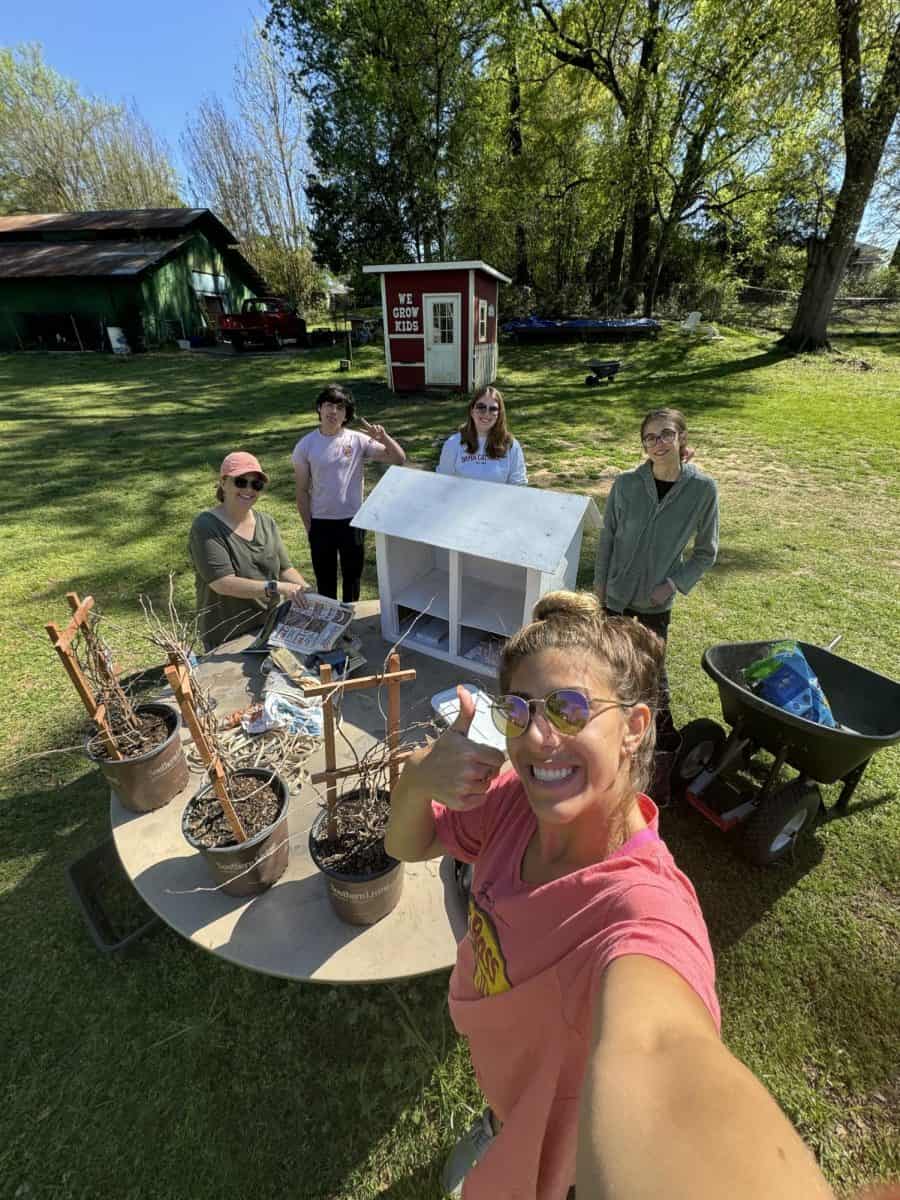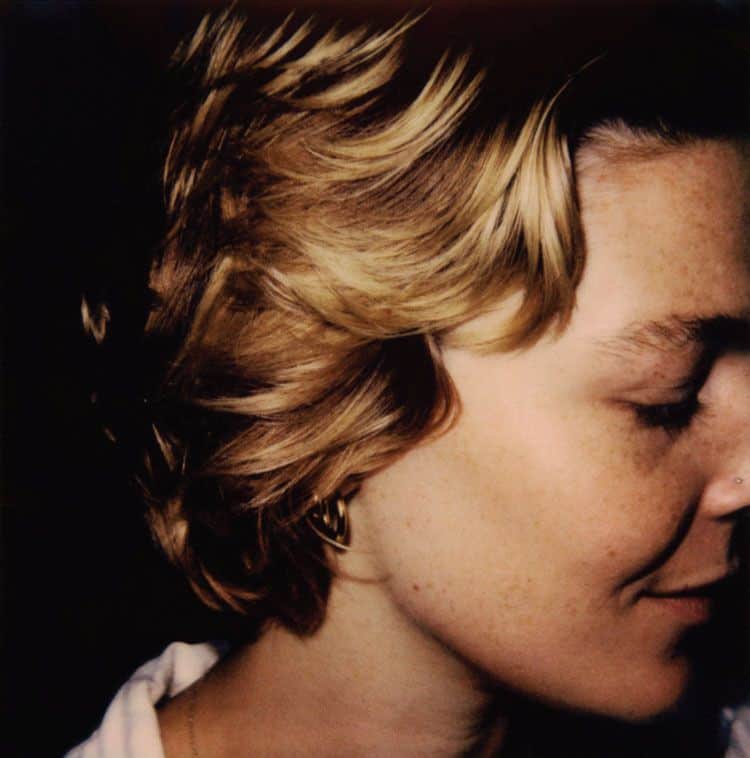Creative Campus is breaking away from the traditional poetry reading format with the second installment of Poetry&, a 30-minute reading that will incorporate music, audio and visual elements and audience participation, Thursday at 5 p.m. in Gorgas Library Room 205.
Creative Campus executive director Hank Lazer will present work from his book “N18” and new poems through multi-voice performance. Rather than a single poet presenting their work to the audience, audience members will also interpret parts of the poem aloud.
The multi-voice format is meant to reflect the nature of the poems, which are handwritten shape poems, and demonstrate the different voices that are interacting on the page.
“In this case, the way that the poems are written, hand-written shape writing, they really suggest that there is more than one voice going on. Literally the poems will be performed by many different people,” Lazer said.
Lazer will also be joined by UA undergraduate creative writing coordinator Ashley McWaters and undergraduate creative writing student Carlos Estrada. Creative Campus intern and senior Hunter Holt said McWaters’ and Estrada’s work extends the idea of having multiple voices, which is a major idea of the reading.
“[We asked] who out there is doing interesting things with poetry,” Holt said. “[McWaters and Estrada] both do interesting things with the lines of the poem. It’s not like you’re reading straight through line by line. It’s spread out over the page, and they do interesting things with punctuation. I think that lends this idea of having multiple voices and thinking about how you listen and read a poem and how that extends to your everyday experience.”
Lazer said the participatory elements of the reading will change the authorial relationship, giving the audience the power of interpretation they have when reading a poem for themselves. Lazer compared poetry to the ingredients for a meal, saying that if the audience does not cook it, they have nothing to eat.
“[At Poetry&] you don’t have the one designated wise person telling everyone else something, which is a lecture or traditional reading format,” Lazer said. “Hopefully what that does is make people aware that you look at the poetry on the page, and you make it come alive.”
In addition to hearing different interpretations of the poems, the audience will also see the poems projected on screens. The organizers of Poetry& hope this will create a more immersive experience by allowing the audience to experience both visual and auditory elements of poetry.
“I think it really shapes the experience of the audience, especially with the reading happening around you instead of to you,” Creative Campus intern and junior Anna Turkett said. “I think it’s a really different experience having a poem just emerged within the audience with this multi-voice performance versus looking at someone and having them read to you.”
Naomi Thompson, a senior Creative Campus intern majoring in psychology, echoed Turkett’s statement that Poetry& will engage the audience differently than a more traditional reading format.
“It’s definitely more engaging than a traditional poetry reading in that it’s happening around you, not to you,” Thompson said. “You’re not just going to be listening to someone speak to you for just a few minutes and then you leave. It’s definitely something you’ll be interested in, and you’ll be able to engage with a lot more closely.”
Poetry& will also break from the traditional reading format by incorporating music and surprise performances. The reading will conclude with a jazz poetry performance. Turkett said the engaging audio and visual elements will make the reading more accessible to both poetry appreciators and those less familiar with poetry.
“I think even if a student doesn’t necessarily think that they like poetry or are resistant to poetry, they’ve just had it in English class and didn’t like it as much, this is a whole different ball game of poetry,” Turkett said. “This isn’t what you would normally think of in a British literature class.”






